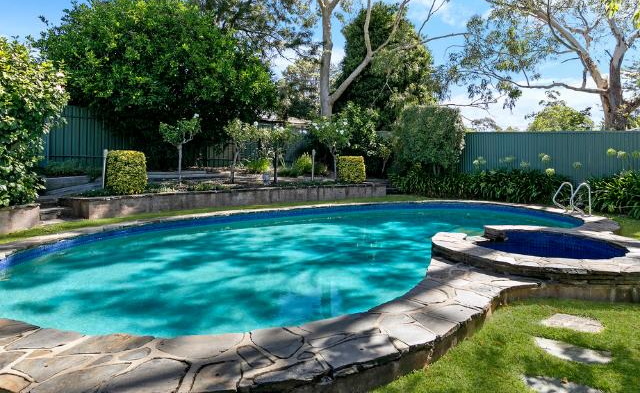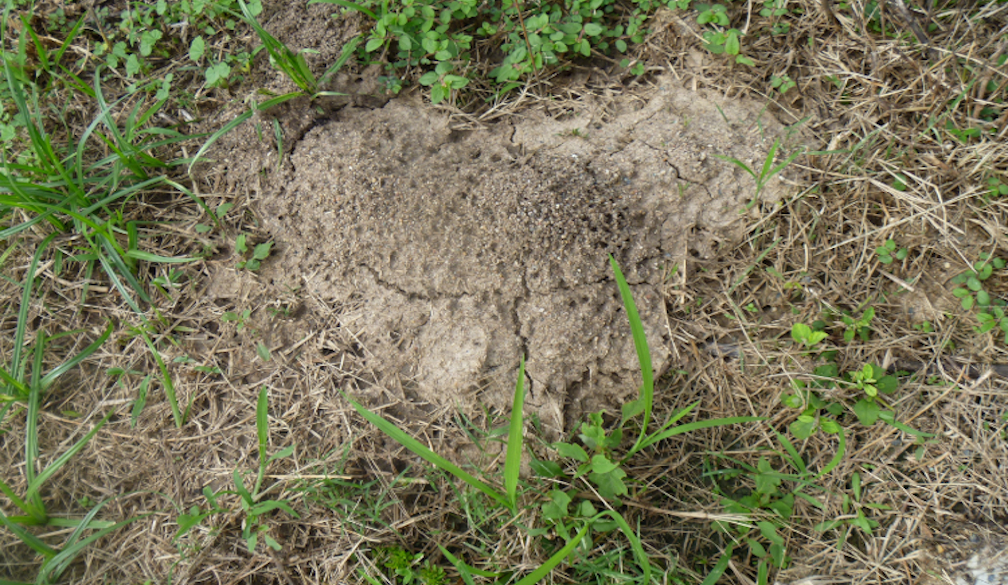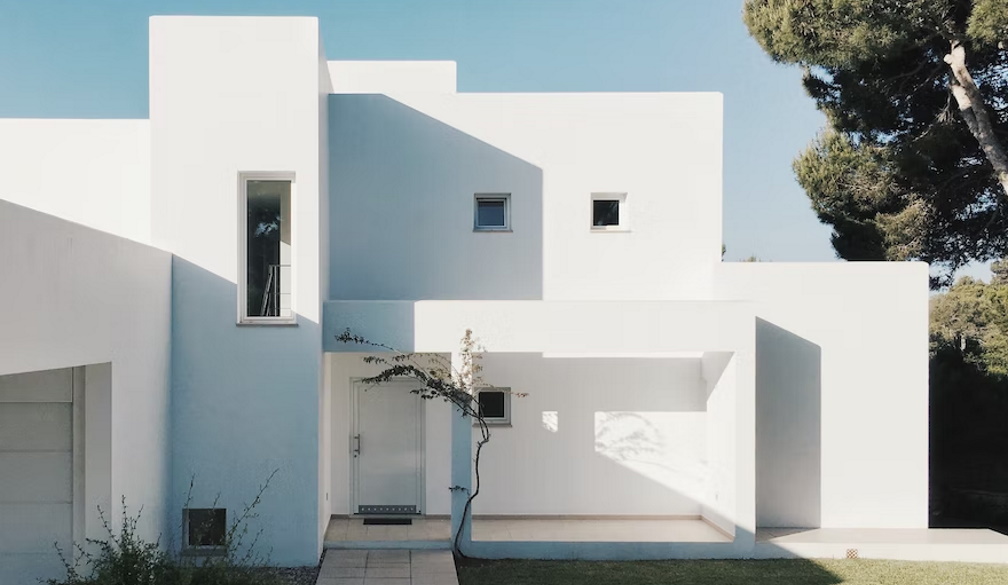Australia's Swimming Pool Laws - A Comprehensive Handy Guide

Are you thinking about getting a fibreglass pool installed in your home? Summer is almost here, and that means that it's the perfect season to cool off in your very own swimming pool. But if you want to have a fibreglass pool installed in your home, then you'll need to abide by Australian pool laws.
There are strict rules in place in the country regarding pool safety. Your new fibreglass pool will need to meet the standards set by these pool laws. The state that most recently undertook safety reforms when it comes to pools, is Victoria. If you want to get a new fibreglass pool installed in Victoria, as well as in any other state in the country, your pool needs to have a barrier. This barrier is meant to keep people and animals from falling into your pool.
Why are there pool safety laws in place?
According to the Royal Life Saving Society, between 2018 and 2019, around 276 people drowned in the country. This was almost an increase of around 10% from the figures of the previous year. Of these 276 people, 31 of them died in swimming pools.
In order to minimize the risk associated with falling into a Brisbane fibreglass pools, pool safety laws are in place. So, what do you need to do to ensure that you're meeting the pool safety laws of the country?
What are the pool safety laws that you need to follow?
These are the pool safety laws that need to be strictly followed within Australia:
- * You need to register your new fibreglass pool with your local council.
- * If your pool is as deep as 30cm or deeper, then you'll need to have a barrier erected around it. This also applies to spas and even inflatable pools.
- * Pools need to be completely surrounded by a barrier that has a height of 120 mm at least. You can have fencing or walls attached, to act as barriers.
- * The bottom end of your pool fence, as well as the gate of the pool fence, can't be above 100 mm from the ground.
- * In case the horizontal rails that you have attached are apart by 900 mm. Then the vertical rails that are added can't be apart by more than 100 mm.
Pool safety laws regarding the pool fence gate
- * The pool fence gate needs to open in a direction that is away from the pool. It should also never be left propped open.
- * The pool fence gate needs to be self-latching, and it should also be able to close itself. The pool fence gate should be able to close itself from any position that it's opened in.
- * The pool fence gate needs to be located above the ground by about 1500 mm. It should also be at least 1400 mm over the highest part of your horizontal railings. If this is not the case, then the fence's gate latch needs to be situated inside your fence.
Other pool safety laws you need to know about
- * If there are any climbable objects near your pool, they should be situated 900 mm further than the fence from the outside.
- * There should also not be any objects that are non-climbable at least 300 mm near the fence of the pool, from the inside.
- * A CPR needs to be displayed prominently near your pool. People should be able to read this CPR even if they are up to 3 m away from the sign.
- * There shouldn't be any doors leading directly to the pool from your house.
- * Windows that are near the pool can only open about 100 mm. If they open more than this, then you'll need to attach locks and screens to them.
- * Before you can rent, lease or sell any property that had a pool attached to it, obtaining a certificate for pool safety is important.
What happens when you don't follow the pool safety laws?
You could also be wondering what might happen if you don't follow the pool safety laws. When this happens, you'll usually need to pay a fine. The following penalties can be placed on you, should your pool not meet the requirements set by the pool safety laws in the country.
- * Non-compliance with pool safety laws can lead to you being fined a maximum of around $5,600. If you're being charged a fine that needs to be paid on the spot, then the maximum you can be charged is $550. This penalty applies to NSW.
- * In Queensland, if your pool doesn't meet the requirements set by the pool safety laws, then you can be charged a maximum fine of $2,356. You can also be asked to pay a fine on the spot, which can be no more than $235.60. As of the 1st of July, all pools constructed in Queensland need to abide by safety standards. Should your pool fail to comply with the fencing law of the state, you can be charged a fine of $133.45.
- * In WA, anyone who owns or occupies a swimming pool, but fails to meet the pool safety laws in the state, will be charged a fine. For con-compliance, you'll be charged a fine of $5000.
- * In Victoria, you'll also be charged with a fine if your pool doesn't meet the pool safety laws of the state. You can be charged around $1652.20, should your pool be non-compliant.
Conclusion
If you want to have a fibreglass pool installed in your home in Australia, then your pool will need to meet the pool safety requirements of your state. Should your pool be found not complying with the pool safety laws, then you'll need to pay a hefty fine. The amount you need to pay for your fine will vary depending on the state you're in, but it can be upwards of $1000 easily.
This guide can help you learn what you need to do to ensure that your pool is complying with the pool safety laws of your state. Use this guide to ensure that your pool meets all the pool safety requirements of your state.







